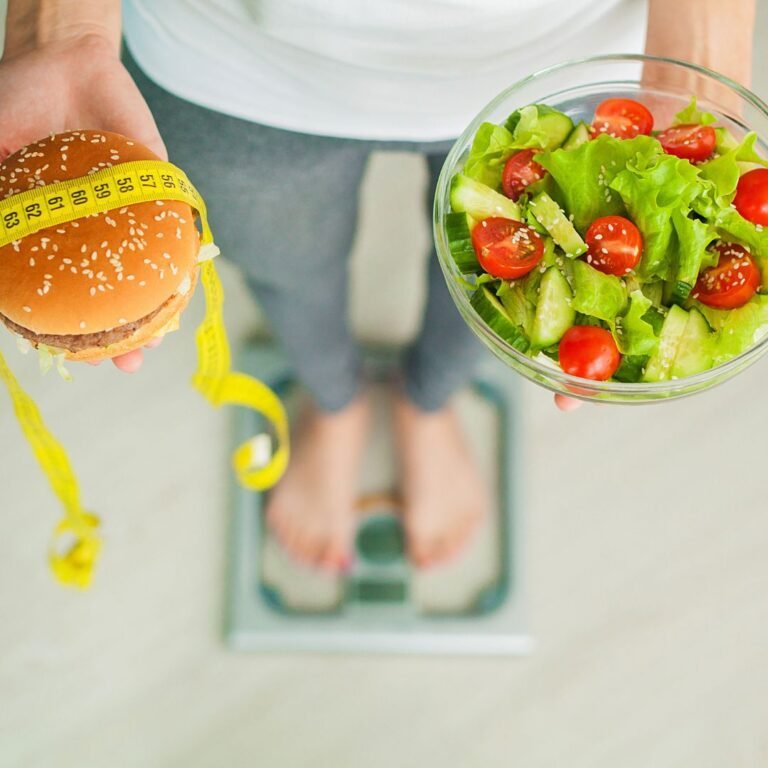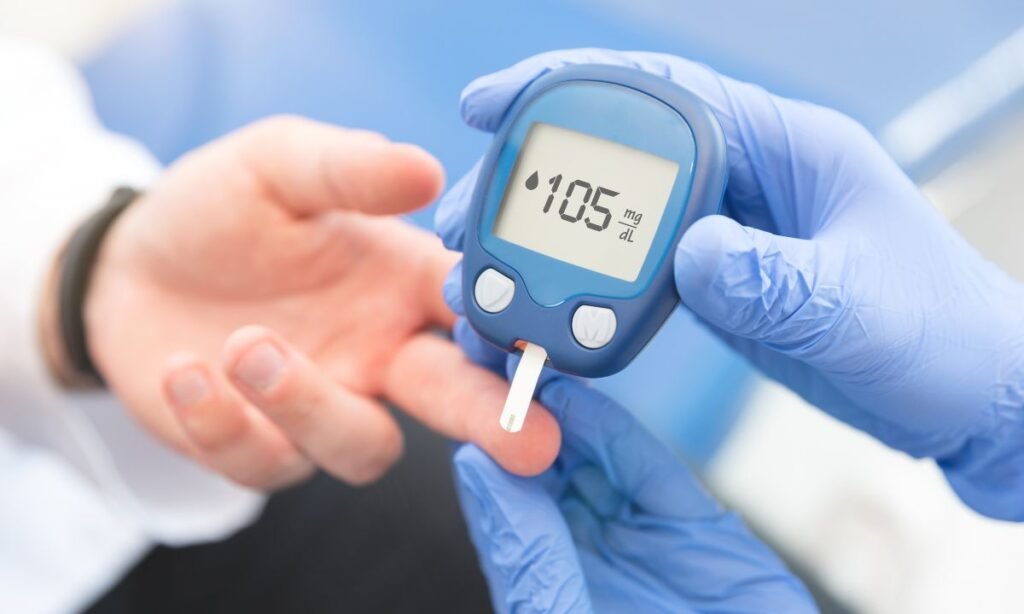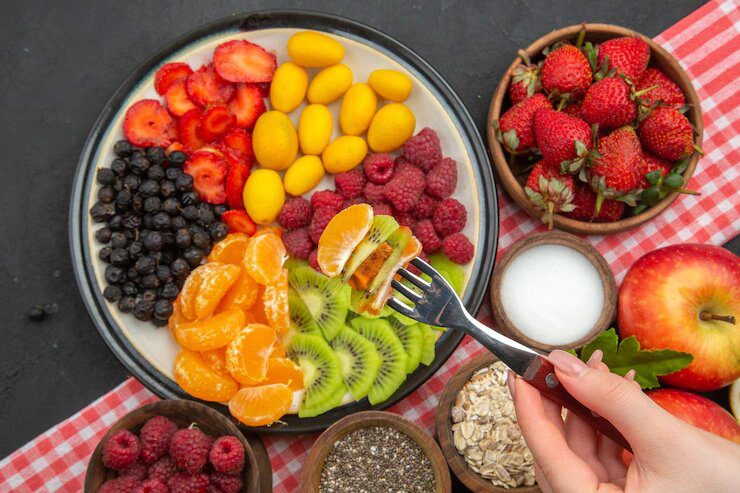Food & Nutrition
“When diet is wrong, medicine is of no use. When diet is correct, medicine is of no need.”
How Does Food Impact Health?

The food we eat gives our bodies the “information” and materials they need to function properly. If we don’t get the right information, our metabolic processes suffer and our health declines.
If we get too much food, or food that gives our bodies the wrong instructions, we can become overweight, undernourished, and at risk for the development of diseases and conditions, such as arthritis, diabetes, and heart disease.
In short, what we eat is central to our health. Consider that in light of Webster’s definition of medicine: “The science and art dealing with the maintenance of health and the prevention, alleviation, or cure of disease.“
Food to add in your diet
Foods that help you be healthy
So, what should you put in your cart and on your plate? Here’s a quick overview of what to look for next time you’re in the grocery store.
• Fiber
Plant-based foods are full of fiber which helps your body absorb glucose (food sugars) more slowly. This helps you avoid sugar rushes and crashes. Fiber-rich foods include fruits, vegetables, and nutrient-filled carbs like whole grains and beans.
• Folate
This type of B vitamin helps with dopamine production without forcing it to surge the way sugars do. Find it in leafy greens, lentils, and cantaloupes.
• Antioxidants
These inflammation fighters are especially plentiful in berries, leafy green vegetables, spice turmeric, and foods with Omega-3 fatty acids, including salmon and black chia seeds. Dark chocolate also contains antioxidants – and sugar – so indulge in moderation.
• Vitamin D
Vitamin D helps with the production of serotonin, and we usually get it from exposure to sunlight. But mushrooms are another good source, Jacobs says. If you’re deficient in vitamin D, your doctor may also recommend taking a supplement.
Factors Impacting nutritive requirements
Age
Your nutritive conditions are significantly told by age. For case, a child’s need for vitamin C increases over time. The conditions for calcium and phosphorus also rise during non-age but decline with age.
Gender
During gestation, folate and other B vitamins, calcium, vitamin D, and iron are pivotal nutrients for embryonic growth. also, the need for several nutrients, similar to calcium, iron, and zinc, rises during gestation.
Physical exertion
The position of physical exertion that you engage in affects your nutritive requirements. Electrolytes are a class of essential nutrients for conserving the body’s fluid balance.
Artistic environment
Artistic factors affect how people eat regularly, how food is set, and in some situations, whether or not they can put restrictions like banning meat and dairy from the diet.
Locally available foods
Supermarkets in big metropolises offer a wide variety of products to choose from. still, if you live in a lower megacity or city, your food choices may be largely told by what's available locally.
Salutary and food customs
People constantly use food to uphold their sense of artistic identity. People make different dishes from varied ethnical backgrounds.



